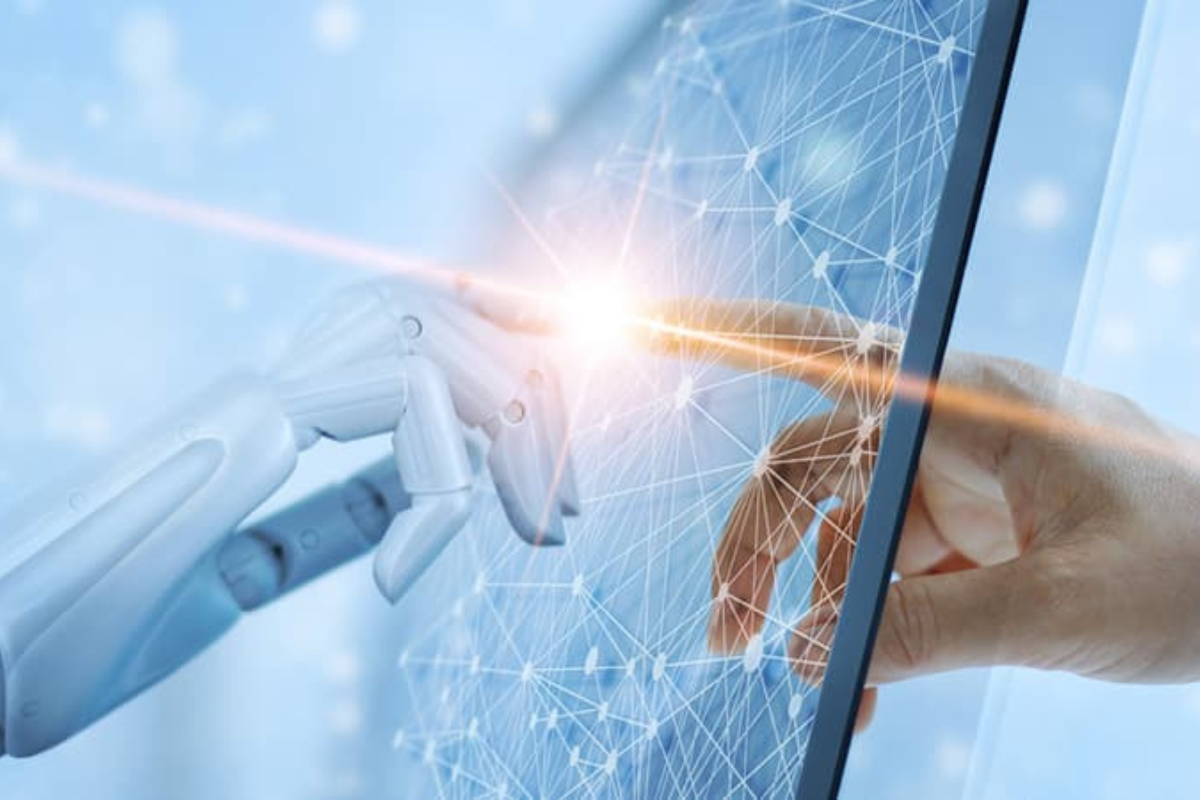Innovation has always played a significant role in shaping the economy. With the advent of technology, innovations have become more advanced and sophisticated. Emerging technologies like AI, autonomous tech, and blockchain have been significant contributors to the growth of technology. These technologies have been interlinked and have made significant changes to our lives. From infrastructure to transportation to pizza delivery, these technological innovations have redefined the way we live our lives. In this article, we will look at three technology trends that will shape the economy in the future.
Smart’ tech is combining AI and data
Smart technology has come a long way from being just a buzzword that referred to devices powered by the internet. Today, it refers to devices powered by AI and how we store, process, and use data. The marriage of AI and data has allowed us to operate at increasing levels of sophistication and precision in society and business.
The use of data is not just restricted to large corporations like FedEx, which has teamed up with Microsoft to put data to work through its digital and physical networks. Small businesses can also digitize their supply chain by leveraging data to drive breakthrough real-time inventory tracking and logistics management.
AI, powered by machine-learning algorithms, has permeated the tools and apps we use for everyday tasks. From driving assistants and customer service to language translation and more sophisticated ways to use data, AI is everywhere.
AI is supercharging robotics
The integration of AI into robotics has made them more effective than ever before. Robots have become mainstream in the service industry, helping with everything from sorting packages to performing medical procedures.
FedEx has taken advantage of AI robotics tech in its warehouses. The company has launched an AI-powered intelligent sorting robot in China to sort inbound and outbound packages. As the growing e-commerce sector makes its warehouses busier, it can re-allocate its team members to focus on more important tasks requiring uniquely human skills.
AI-powered robots are expected to be used in the way we service customers throughout the region, ultimately making life easier for small businesses.
Autonomous vehicles and the future of mobility
The future of mobility is an extremely hot topic right now. Transportation is arguably undergoing the biggest shake-up since the introduction of the steam locomotive or the first passenger aircraft. Future mobility is looking to solve three key pain points: safety, sustainability, and convenience.
The new wave of transportation – from electric vehicles to passenger drones – can help bring about a cleaner world with fewer emissions in our cities as we work globally towards net-zero and beyond.
Autonomous vehicles, with their own ‘brain’ and ability to map and detect their environment through sensors, satellite technology, and other means, have the goal of ultimately removing human error, meaning more safety on our roads and in our communities.
FedEx has recently started testing autonomous delivery vehicles in Beijing, China, in collaboration with Neolix. The zero-emission, all-electric delivery vehicle is powered by L4 level autonomous technology. The cargo box can also be converted into a temperature-controlled compartment and a smart parcel locker.
The rapid growth of e-commerce requires more flexible and efficient digital logistics solutions to enhance last-mile delivery. Autonomous driving technology and delivery bots are just two of the options that can help transform how we move goods around the world and in and out of urban areas.
Takeaway
It is clear that the rapid pace of technological innovation is fundamentally transforming the way we interact with the world around us. As we move into the future, we can expect to see even more opportunities arise from the intersection of our digital and physical worlds. From the rise of immersive and experiential retail experiences to the proliferation of online avatars and gaming, it is clear that the boundaries between our virtual and physical environments are becoming increasingly blurred.
This trend is not just limited to consumer-facing industries, but is also transforming the way we work, learn, and communicate with one another. As we continue to embrace these technological advances, we can expect to see entirely new industries emerge and new job opportunities created.
While some may worry about the impact of these changes on traditional industries and jobs, it is important to remember that technological progress has always been a driver of economic growth and innovation. By embracing these changes and staying at the forefront of technological innovation, we can ensure that we continue to shape the economy in new and exciting ways.
In short, the future of business is one of immense possibility and potential, and it is up to us to seize these opportunities and harness the power of innovation to create a better tomorrow. By doing so, we can build a brighter and more prosperous future for all.




